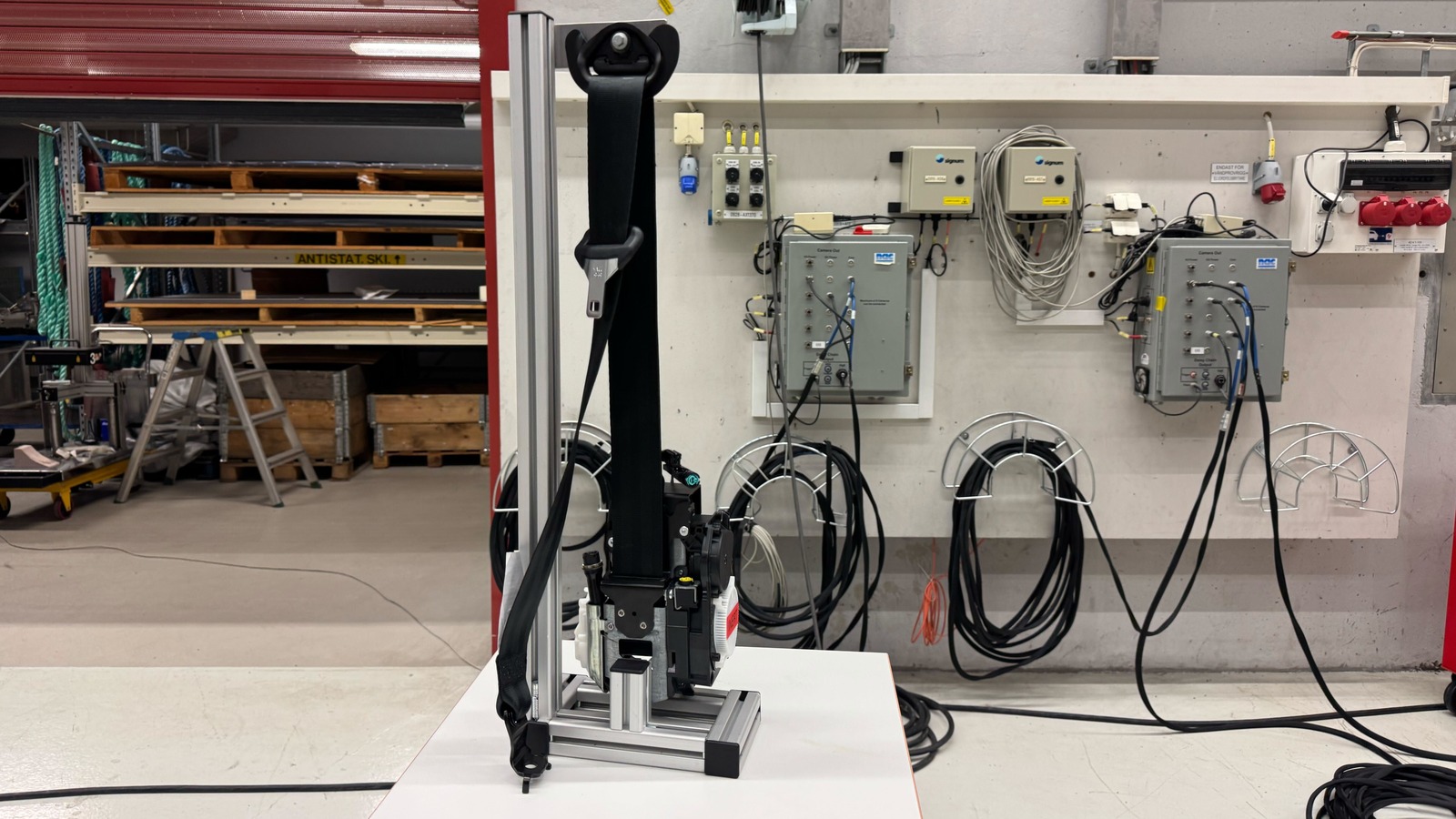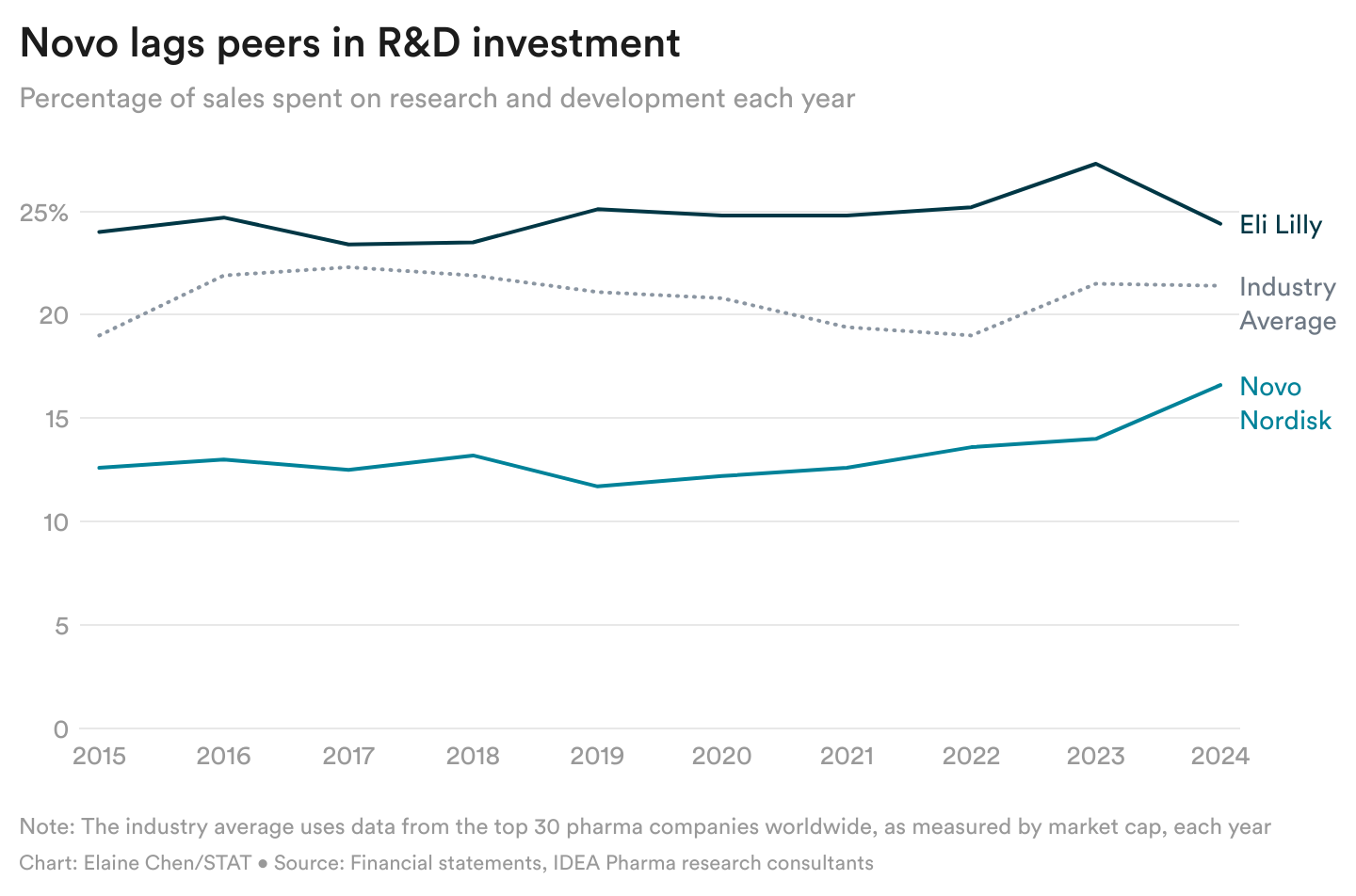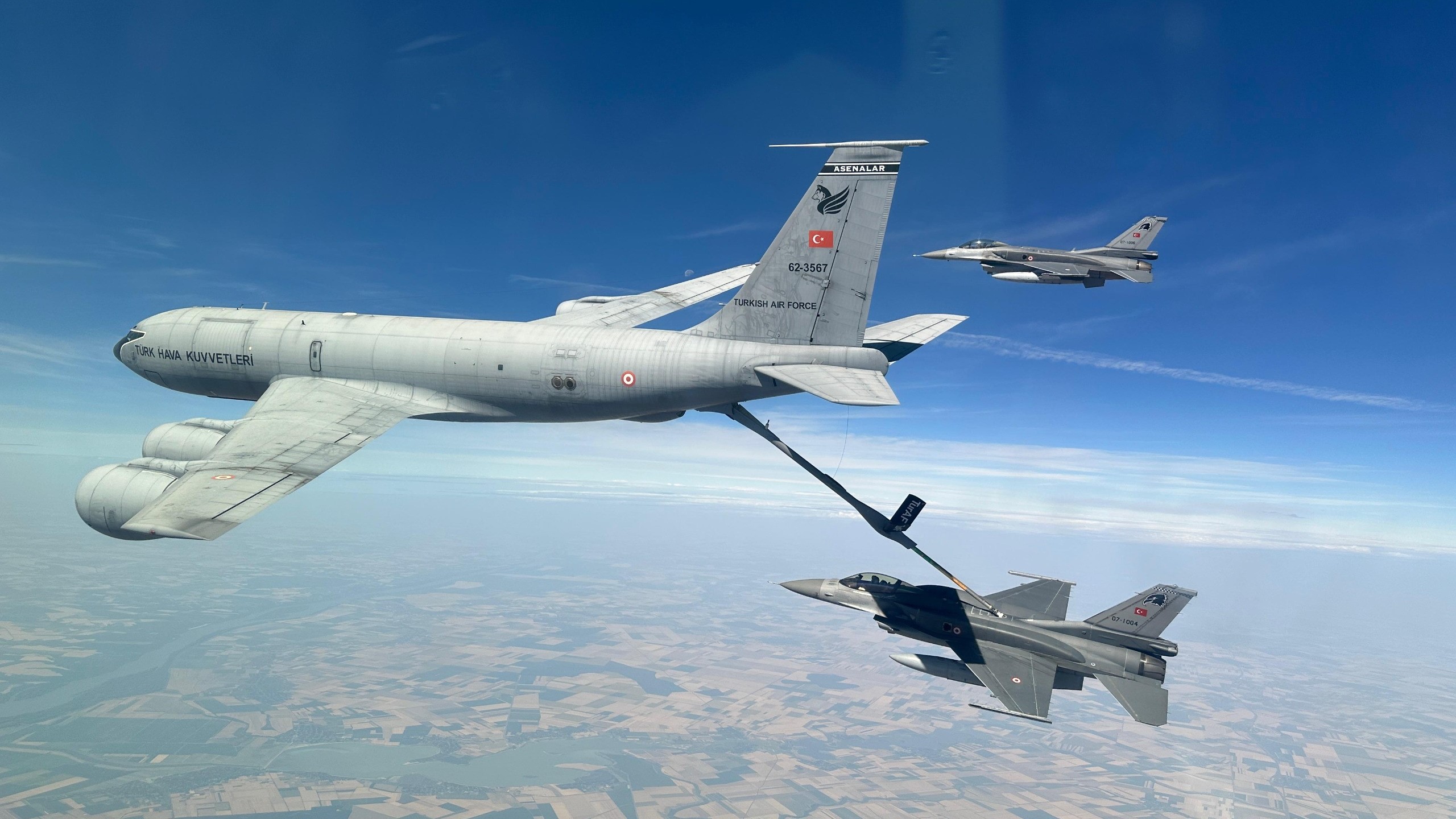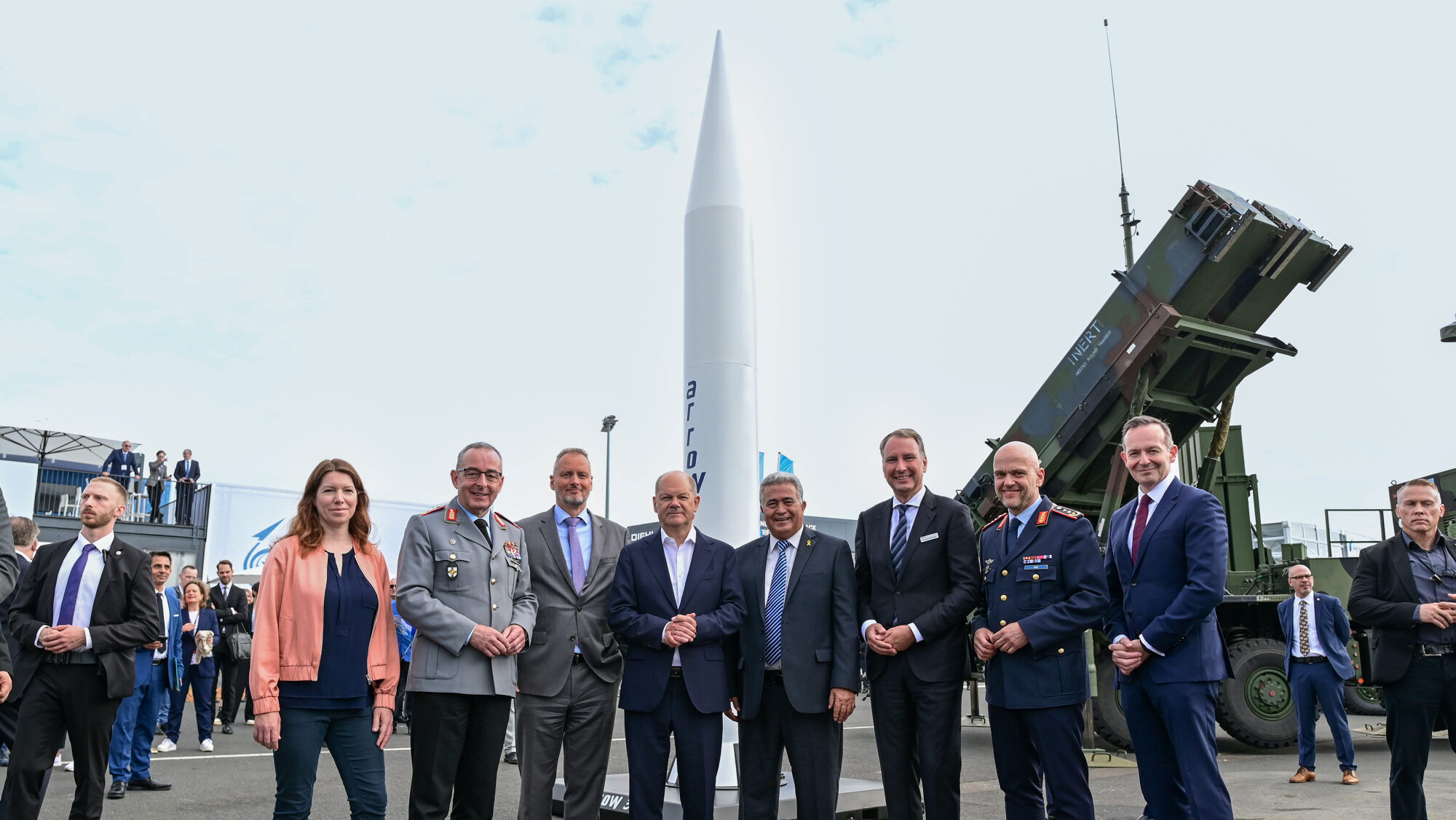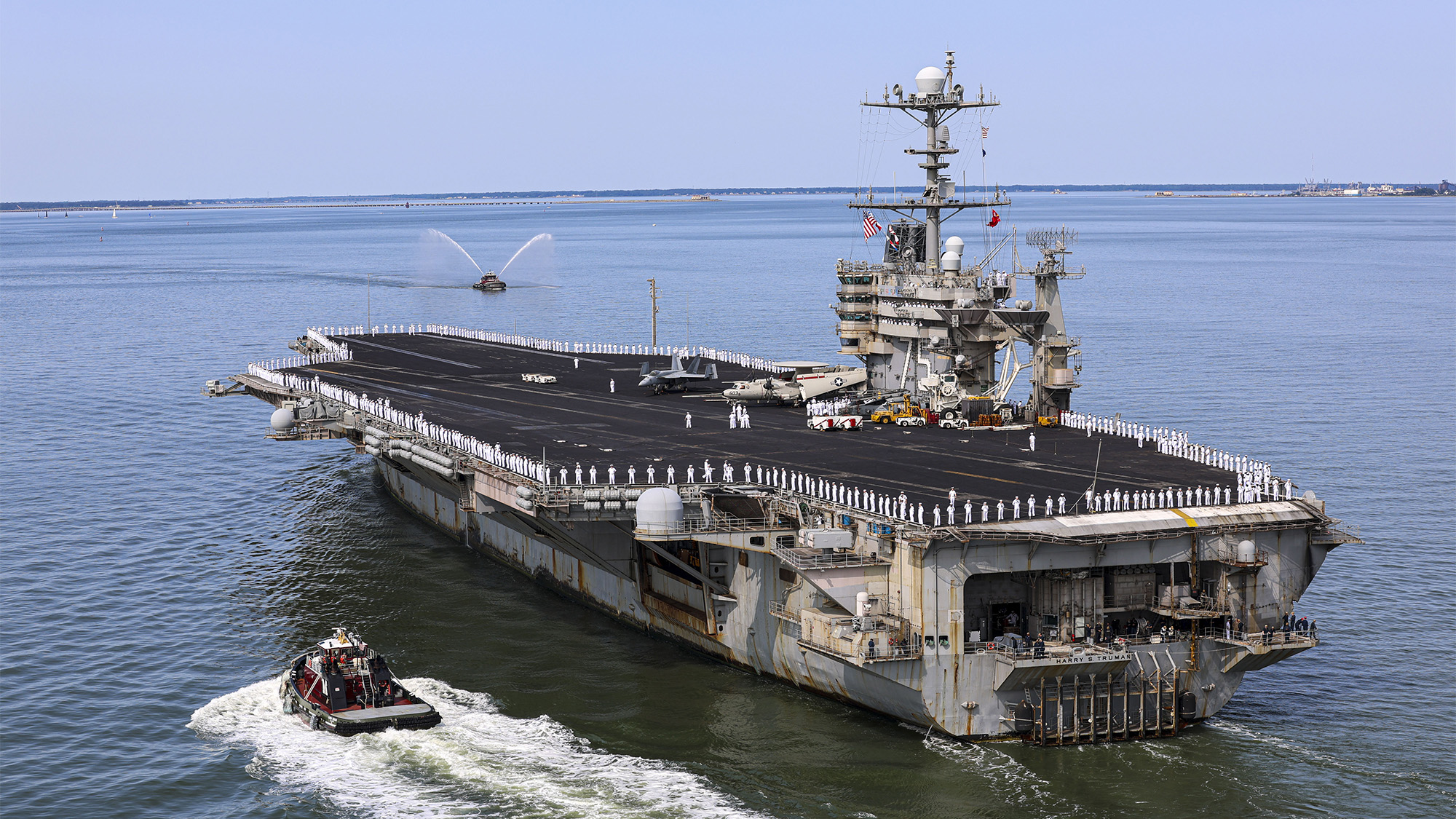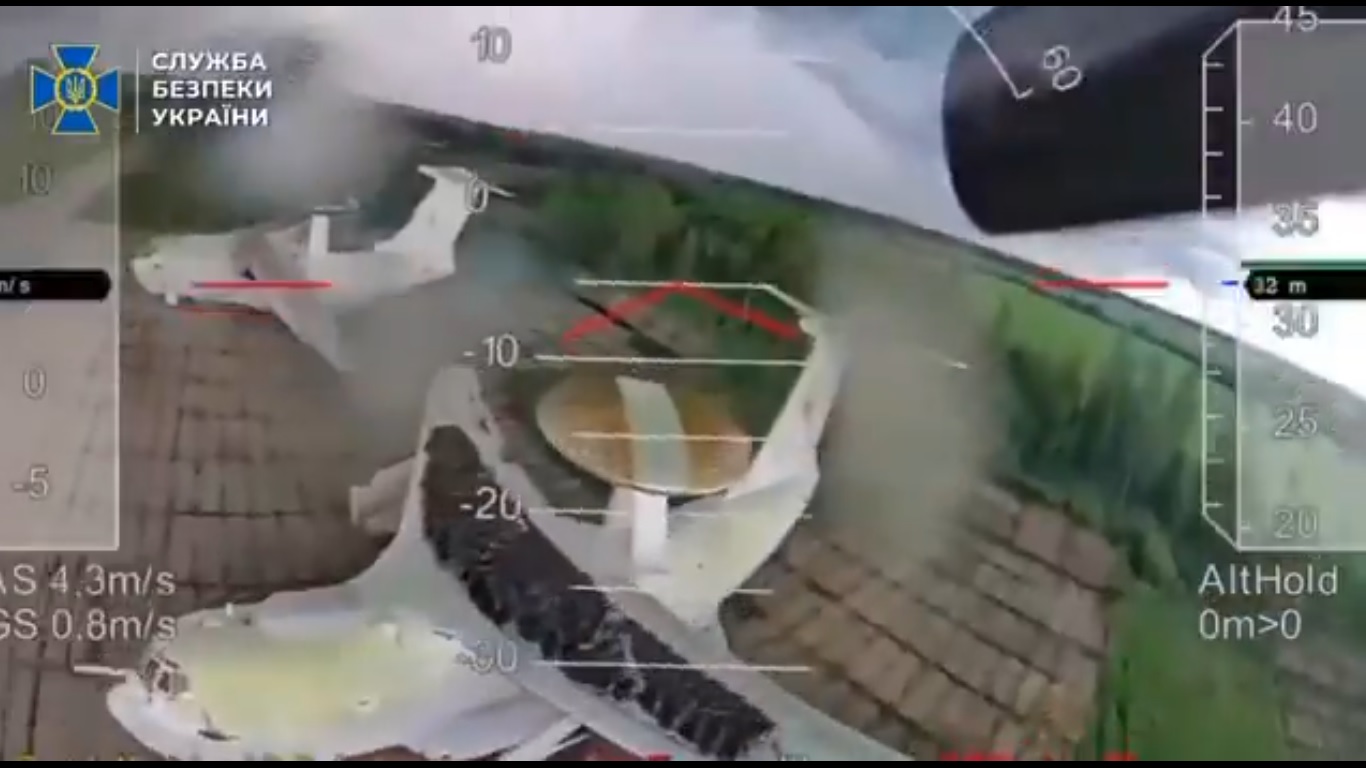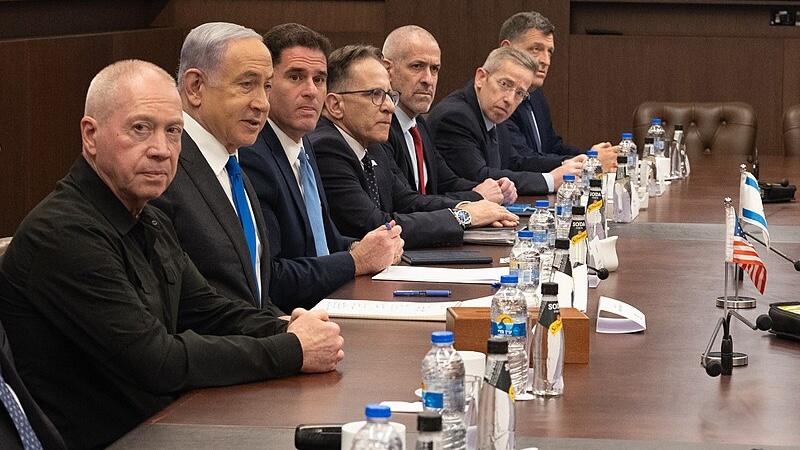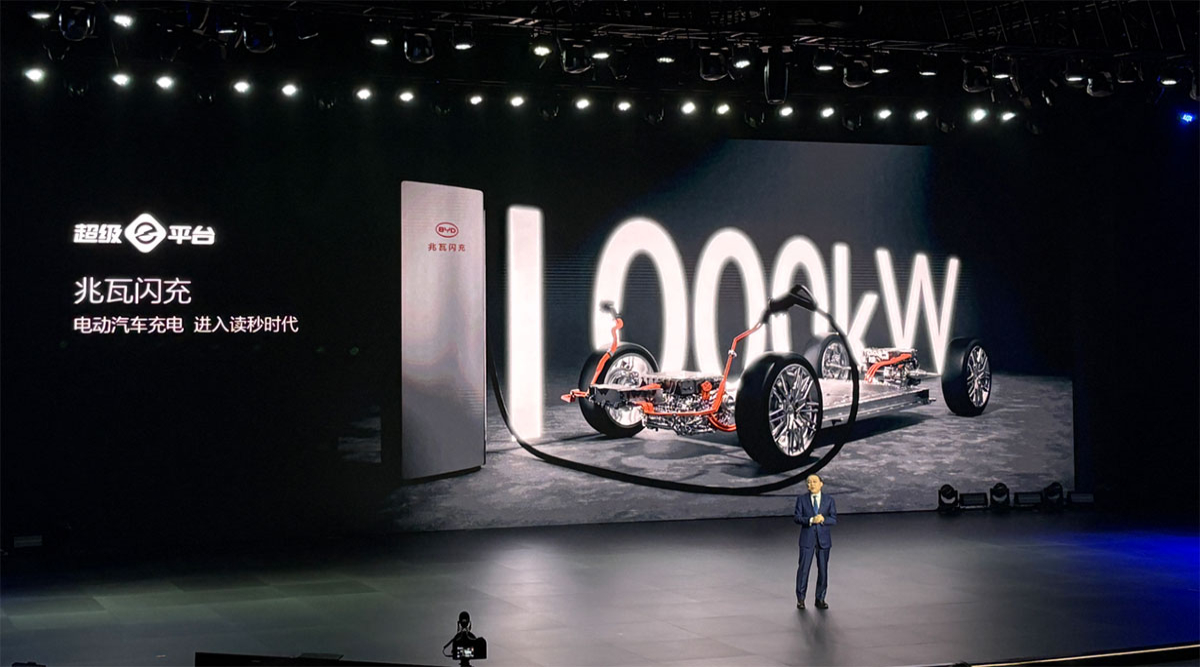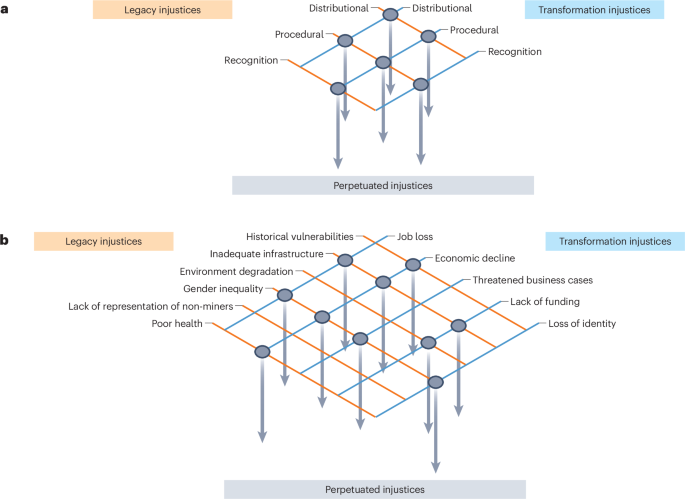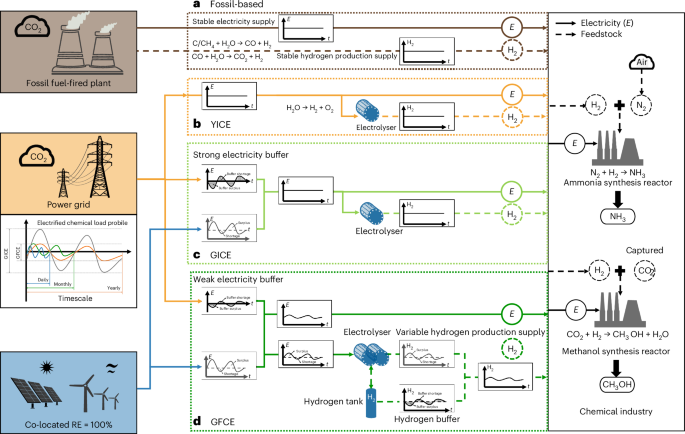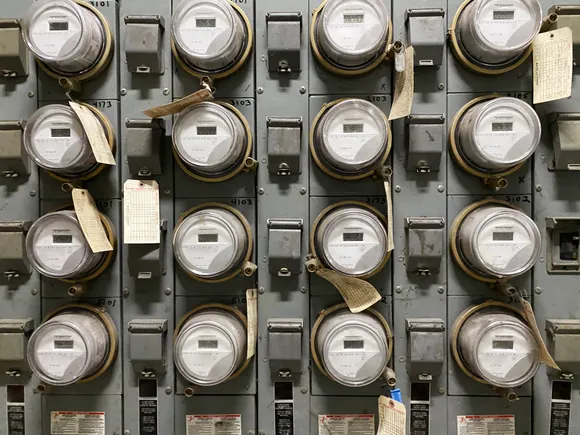Michael Duffey confirmed as Pentagon’s chief weapons buyer
Duffey previously worked as the associate director at the Office of Management and Budget during Trump’s first term and spent 14 years at the Pentagon.


Michael P. Duffey appears before the Senate Armed Services Committee for his nomination to become undersecretary of defense for acquisition and sustainment in Washington, D.C. March 27, 2025. (DoD photo by EJ Hersom)
WASHINGTON — The Senate today confirmed Michael Duffey to be the Pentagon’s next acquisition czar, installing a previous Defense Department official as its leader responsible for overseeing weapons programs.
Duffey, confirmed in a 51-46 vote, was nominated in December. He previously worked as the associate director at the Office of Management and Budget during Trump’s first term, and has held multiple jobs at the Pentagon over 14 years of service.
As undersecretary of defense for acquisition and sustainment, Duffey will take charge of the Pentagon’s weapons-making enterprise at a critical moment. The past several years has seen the Defense Department focus on increasing munitions production due to the war in Ukraine as well as bringing new venture-backed defense technology companies into the fold — a task that critics say is happening much too slowly given China’s own investments in areas like space, AI and long-range weapons.
At the same time, the Trump administration has generated new acquisition priorities, chief among them the Golden Dome missile shield, an ambitious, multi-layered system that the president has pledged will cost $175 billion and be operational in the next three years. Meanwhile, Congress also intends to have its say in the weapons buying process, with the Senate and House armed services committees planning to make defense acquisition reform the focus of the fiscal 2026 defense policy bill.
Duffey’s confirmation hearing in March came days after an explosive report by The Atlantic, after its editor-in-chief Jeffrey Goldberg was added to a group chat on Signal where senior members of Trump’s national security team — including Defense Secretary Pete Hegseth and Mike Waltz, then-Trump’s national security adviser — discussed plans to attack the Houthis, including details such as timing and methods of the strikes.
Questions about so-called “Signalgate” dominated the Senate panel, and Duffey was peppered with queries about whether he had been included on Signal chats where classified or operationally sensitive information was discussed. Duffey said he was not aware of any Signal chats where sensitive material had been shared.
Beyond that line of questioning, Duffey told senators he would prioritize accelerating defense production capacity and shortening the timeline it takes for new technology to become operational, while also reducing the barriers to new entrants to the defense industry.
Doing so “requires a multi-pronged approach,” he said in written responses to policy questions posed by the Senate Armed Services Committee. “This includes streamlining the acquisition and budgeting processes to provide clearer demand signals and proactive engagement with smaller, lesser-known companies to demonstrate that the DoD values their innovation and is committed to expanding the industrial base.”
A former head of the Wisconsin Republican Party, Duffey was reportedly a key figure in Trump’s first impeachment saga as an administration official involved in the freezing of aid to Ukraine. During his 14 years at the Pentagon, Duffey worked as the chief of staff to the undersecretary of defense for research & engineering, a White House liaison, and the deputy director for systems analysis within the Office of the Secretary of Defense.

























